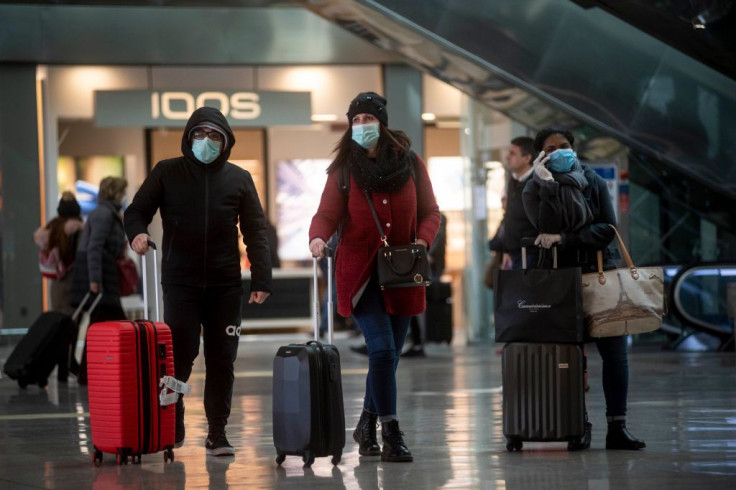Initially confined to Wuhan, Chinese authorities’ efforts at containing the novel coronavirus miserably failed. Infections have been reported all over the world spawning conflicting claims along the way.
Are Face Masks Effective?
At the moment, scientists are still racing to come up with a vaccine for the novel coronavirus. This means that people can only implement preventive measures, such as hand washing and sanitizing surfaces, to stop from getting infected.
In addition, facemasks have been selling like hotcakes as people don them in an effort to prevent them from getting infected with the COVID-19. “It seems kind of intuitively obvious that if you put something—whether it’s a scarf or a mask—in front of your nose and mouth, that will filter out some of these viruses that are floating around out there,” Vanderbilt University’s professor of medicine Dr. William Schaffner said, Time reported.
The problem is that a facemask is not effective against respiratory illnesses like the COVID-19 or the flu. If it were, “the CDC would have recommended it years ago,” Dr. Schaffner added. “It doesn’t, because it makes science-based recommendations.”
But a recent article published in The Guardian argues that facemasks can help to a certain degree. “If you are likely to be in close contact with someone infected, a mask cuts the chance of the disease being passed on. If you’re showing symptoms of coronavirus, or have been diagnosed, wearing a mask can also protect others.”
The article does admit that a facemask does not give its wearer “an iron-clad guarantee” that they won’t get sick as viruses can still penetrate the masks or transmit through the eyes. “However, masks are effective at capturing droplets, which is a main transmission route of coronavirus, and some studies have estimated a roughly fivefold protection versus no barrier alone (although others have found lower levels of effectiveness),” science correspondent Hannah Devlin wrote.
Devlin recommends that those in contact with infected patients don a facemask for added protection. However, it probably won’t matter for those who are just taking a commute or walking around town.
The Virus Is Mutating
Another scary story that has been doing its round is that the virus might be mutating. However, Devlin explained that “all viruses accumulate mutations over time” so it won’t be surprising if the novel coronavirus mutates as well.
How the new strain turns out is dependent on natural selection. Chinese scientists who have been studying the virus the longest say that there are two main strains discovered. However, it’s too early to conclude which among the two strains, dubbed the L and S strains, is more “aggressive.”

© 2025 Latin Times. All rights reserved. Do not reproduce without permission.




